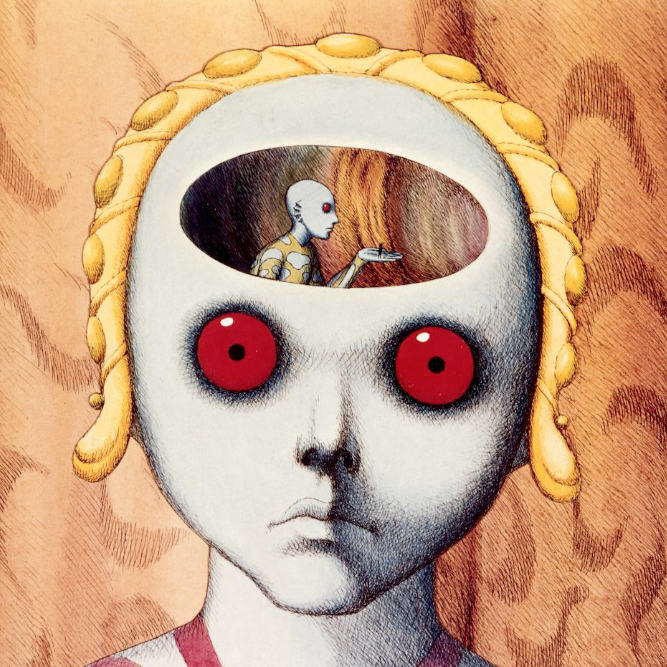This is a summary of the Future for Local Government report - He piki tūranga, he piki kōtuku.
Recommendations that stood out to me were reducing the voting age for local elections to 16, implementing ranked voting (STV), and increasing the term limits to four years.
Also, not mentioned in RNZ’s summary is the recommendation that the number of local councils is reduced from 80 to about 15.


I couldn’t believe there were 80. It’s crazy.
And I’m in favour of STV at the national level too. It seems far more democratic, especially given the 5% threshold. We should be able to vote for a party that might not reach 5% without worrying that our vote will get wasted. It puts an unfair and artificial disadvantage on new or minor parties. STV is the solution.
The Wellington mayor seemed pretty positive about splitting up the councils, but that’s probably because she’s likely to increase her power. She did say she wanted metro Wellington to stay separate from Wairarapa, which I can understand.
But it’s hard to know whether it makes sense keeping the rural and metro councils separate. Policies of the city councils affect residents of the surrounding rural areas, and vice-versa. On the other hand, they need very different kinds of services.
I would love to vote STV in national elections! But I do have a concern about it. Currently the voting process is so incredibly simple. Show up, tell someone your name. Tick the box for the group you want to run the country, and another for the person you want to represent your area. Done.
With STV, you need to explain the concept. I guarantee there would be endless complaints about how complicated it is and how the old way was fine. There are also likely process problems, but I would hope the regional areas would be mostly working those out (I’m thinking of things like what do you do when someone ticks their three preferred candidates instead of listing them? Probably it’s an invalid vote but if you get a significant number of invalid votes then you risk getting challenged on voter fraud type complaints).
Yeah, that’s the counter-argument. I’m sure there would be complaints but inclined to think the public would be OK with it. As you said, it already happens with some local elections and we did it for the flag referendum, so people have some experience with it. And I think MMP is much more complex to understand, but we managed. If they do end up making all local elections STV, that won’t really be an issue at the national level anyway.
MMP might be more complex, but you don’t really have to understand it to vote for what you want. I’d argue the same for STV. I think you’re right, having STV at a local level everywhere is a good introduction for people.